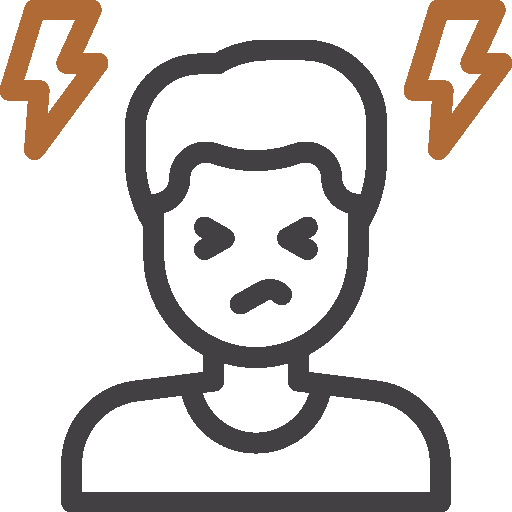Benzodiazepines are commonly prescribed to ease anxiety and other mental health concerns, offering real relief when people need it most. But using these medications for a long time can lead to physical dependence. When someone decides to stop taking them, they might face a range of difficult symptoms known as benzodiazepines withdrawal.
In this article, we’ll break down what happens when you stop using benzodiazepines, the different stages you might go through, and why having medical guidance is so important. We’ll also explore outpatient programs and support groups designed to help you feel better—both physically and emotionally—so you can start moving toward long-term recovery.


